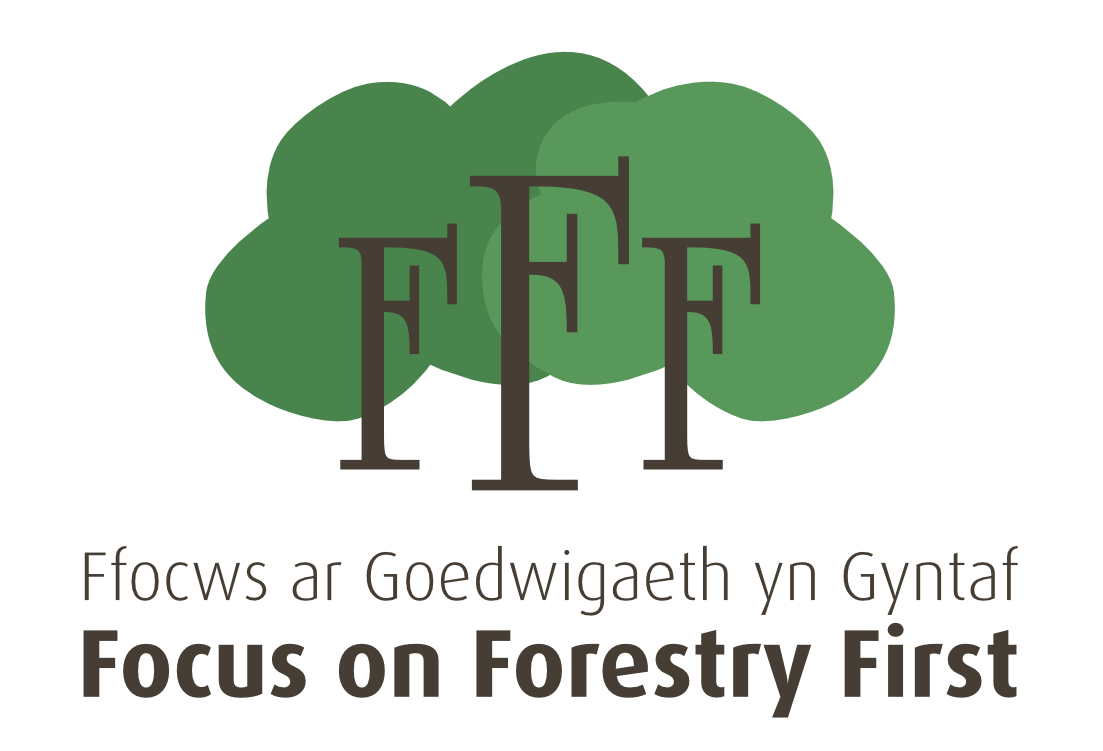Carbon Cycling and Mycorrhizal Symbiosis - Dr Andy Taylor, The James Hutton Institute
Webinar Overview
The great majority of terrestrial plants form mycorrhizal associations with soil fungi, with a reciprocal exchange of sugars for soil-derived nutrients forming the basis for these ancient relationships. The cycling of carbon between the atmosphere, plants and the soil has been intimately linked for millions of years to the physiological interactions and the traits developed during the coevolution of host plants and their associated mycorrhizal partners.
This webinar will illustrate some of the influences that the mycorrhizal symbiosis has on carbon sequestration in managed and natural ecosystems.
About the Speaker
Dr Andy Taylor
Andy is a Principal ecologist, working within the Ecological Sciences Group at The James Hutton Institute, Aberdeen. He also holds a Senior Lecturer position at the University of Aberdeen. He has 35 years’ experience in investigating fungal ecology, particularly mycorrhizal fungal/plant interactions and has published over 100 articles on fungal, plant, and animal ecology. Andy did his undergraduate and PhD degrees at the University of Aberdeen. and followed these with post-docs in Germany, Sheffield, Germany, and then a long stint in the Department of Forest Ecology and Pathology in Uppsala, Sweden.
His research has focused on the detection, identification and functioning of fungi in (semi-) natural and anthropogenically influenced ecosystems. He has used a very broad range of techniques and approaches to investigate fungal communities across diverse ecosystems and continents. The main emphasis has been on ectomycorrhizal fungi – the essential below ground symbionts of most temperate and boreal tree species. He has had a key role in the development of species-level concepts of functionality within fungal communities using natural abundance of stable isotopes, physiological enzyme expression, and molecular approaches. The identification and taxonomy of fungi have been of keen interest and used to examine how soil fungal communities are structured at local, regional, and larger geographic scales. Recent research has focused on the taxonomic and functional characterisation of fungal communities associated with ectomycorrhizal plant species, mainly trees, in Scotland using next-generation sequencing approaches. The potential use of mutualistic fungi to enhance plant establishment and growth in agricultural and forestry systems is also being investigated.


